In IVF, the doctor uses medications to make the eggs mature enough for fertilization. He then removes them from the woman’s body, mixes the eggs and sperm in a laboratory, and implants 1 or more of the fertilized eggs into the uterus. If the embryos successfully implant in the lining of the uterus, a pregnancy is likely.
What is ivf
IVF is an assisted reproductive technology procedure that can help you conceive a child. The procedure is not painful and is done at a fertility clinic or doctor’s office. Afterward, the woman is expected to rest for a few days and then return to normal activities. However, she may be given daily shots of progesterone, which helps the embryos survive in the uterus.
The procedure is safe and usually doesn’t cause any serious complications, though long-term studies have shown no association between IVF and breast and ovarian cancer. According to the American Society for Reproductive Medicine, the long-term health of children born from IVF is comparable to that of children born naturally.
The procedure starts with a minor surgical procedure called egg retrieval. The doctor uses ultrasound equipment to guide a needle through the fallopian tubes. A gynecologist then collects the eggs and uses a sperm injection machine to insert the sperm into the egg. This procedure takes about 30 minutes to an hour and involves a sedative. The patient may feel some discomfort following the procedure, but it is usually not serious.

How much does ivf cost
If you have health insurance, you can usually get coverage for IVF. But you should be aware that each insurance plan can have a different out-of-pocket limit. For example, your insurance plan might only cover $3,000 of medical costs if you use a clinic in their network. You may have to pay an additional co-insurance after that.
If you can’t afford to pay this amount, you can try searching for clinics that offer discount programs for low or no fees. Most fertility clinics will give you a discount if you are a military veteran or cancer patient. However, you should be wary of clinics that advertise low prices and aren’t able to provide proof of your eligibility. In addition, you should always understand the process before you start, and don’t compare costs with other couples.
The average success rate for IVF is less than 50 percent, making it necessary for many couples to undergo multiple cycles to get pregnant. While this isn’t the case for everyone, it is still important to understand the process and its costs before starting the journey. For example, most women need three to six IVF cycles before they become pregnant. Because of the high cost of IVF, some couples may have to implant more than one embryo per cycle, which could result in multiple births.
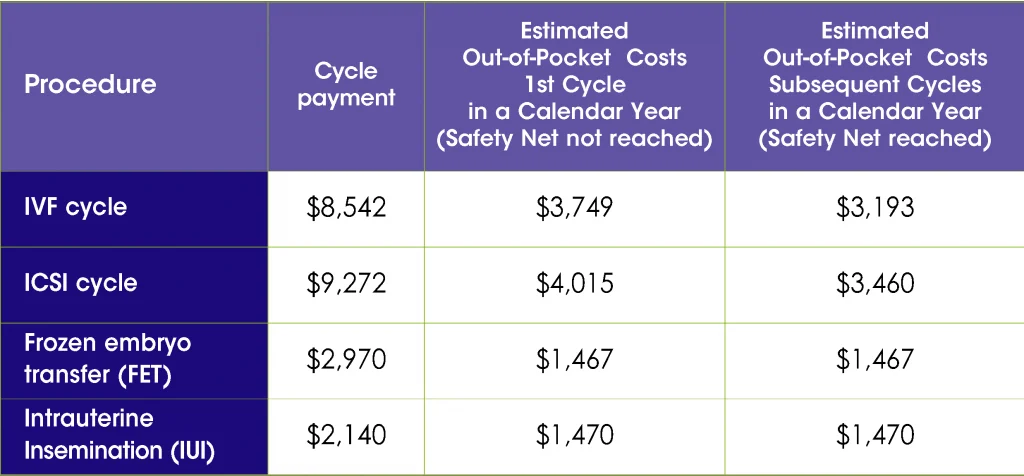
How much is ivf
Your insurance plan will probably cover some or all of the costs of IVF. However, you may have a co-insurance or deductible that you must meet. Depending on your insurance plan, this amount could be as high as $2,000 or even more. You’ll also likely have to pay a portion of the cost after the deductible and co-insurance have been met.
The costs of frozen embryo transfer are another consideration. These are often needed when fresh cycles have failed. Frozen embryo transfers (FETs) cost around $4,000 on average. They are not included in the base cost of IVF, but may be necessary in many cases, such as multiple embryos or problems with the uterine lining.
Before you decide to undergo IVF, research the cost and discuss financing options with your healthcare provider. It’s also wise to ask about their success rates for couples in your situation. Once you know how much it will cost, you can start planning your budget.
How does ivf work
The first step in the IVF treatment is ovulation stimulation, also known as ovulation induction. This process involves using synthetic hormones to mimic the body’s own reproductive cycle. This stimulates ovaries to produce multiple eggs and prepares the body for pregnancy. When the ovaries produce more than one egg, they produce more than one embryo.
A blood test is usually performed two weeks after the embryo transfer to confirm pregnancy. Using a home pregnancy test too soon may result in false positives and negatives. This is why doctors recommend using a fertility clinic blood test. The doctor will then perform a more accurate ultrasound scan to confirm pregnancy.
In vitro fertilization (IVF) is a treatment that uses sperm and egg cells from donor sperm to produce a child. The procedure is safe and usually involves just two to three cycles of treatment. If the embryos implant successfully into the uterus, pregnancy will follow. IVF is used to treat many different types of infertility and is one of the most common forms of assisted reproductive technology. The technique is often used to help people who have tried sexual intercourse but have been unsuccessful. It is also used to treat women who have had difficulties conceiving through natural methods, or for those who wish to use third-party reproduction.
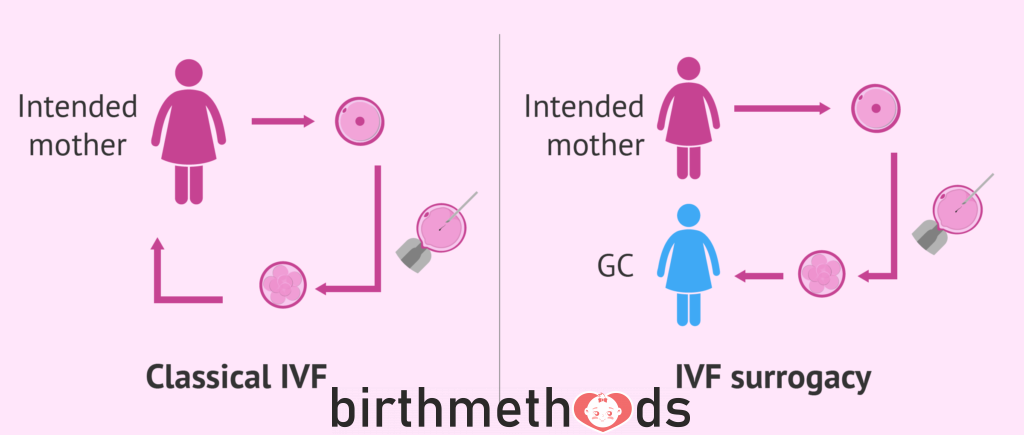
What is ivf treatment
IVF treatment is a process that helps couples conceive. It consists of multiple treatments over a 6-week period. Each treatment starts with egg collection and preparation for transfer. It also involves taking a drug to suppress the menstrual cycle so that the embryos can develop properly. Once the embryos have grown and reached the blastocyst stage, they are transferred back to the uterus and can lead to pregnancy.
Some women may experience complications during egg retrieval and ovum pickup, including bleeding and infection. Another possible side effect is an increased risk of premature birth, although this is rare. However, it should be noted that most women who undergo IVF are over 35 years old. The risks of the treatment are minimal compared to other forms of infertility treatment.
IVF treatment is one of the best methods for couples who have already tried other fertility treatments and are unable to conceive. This treatment is also used to help women with blocked fallopian tubes. Because it bypasses the fallopian tubes, IVF works in women who are otherwise unable to conceive on their own.
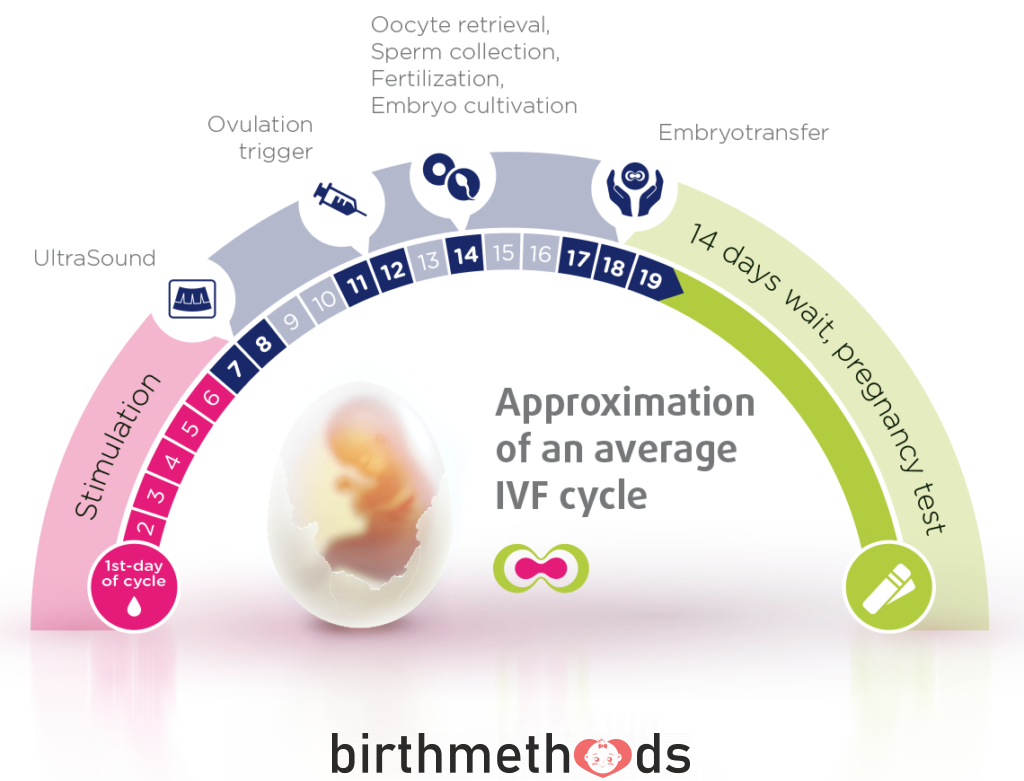
Is ivf covered by insurance
When it comes to determining whether or not IVF is covered by insurance, it’s important to consider a number of factors. First, there are state-specific requirements for coverage. For example, Delaware and Hawaii require a five-year history of infertility before an insurance plan will cover the procedure. Other states, such as Illinois and Louisiana, require a one-year history of infertility to receive coverage. If you’re unsure whether your state’s laws apply, you can consult with your employer to see if they’ve provided the same coverage.
Another thing to keep in mind is that IVF is expensive. While most insurance plans cover one or two cycles, you may have to pay out of pocket for several rounds. That’s why a health insurance plan that covers multiple rounds of IVF is a great option. Insurance companies can help you find a plan that covers IVF, and many offer free consultations.
The insurance company’s in-network provider directory can be inaccurate. If the provider directory is incomplete or inaccurate, you can end up paying more than you should for your treatment. Fortunately, there’s a new federal insurance law that limits the amount you’re expected to pay in out-of-network services, according to Sabrina Corlette, research professor at Georgetown University and co-director of the Center on Health Insurance Reforms. The No Surprises Act also requires insurers to pay patients no more than the cost-sharing amount they’ve agreed to.
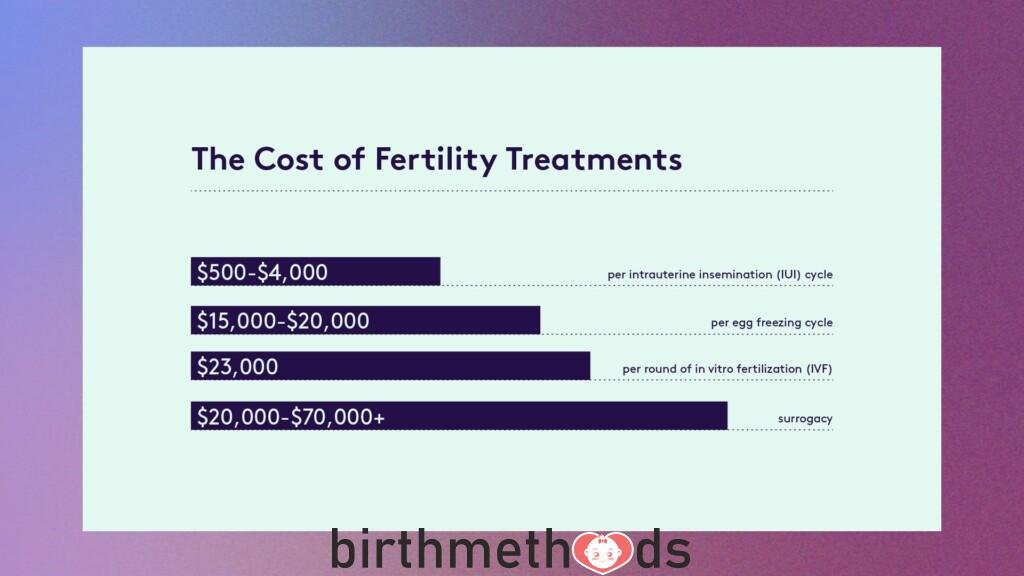
How expensive is ivf
Depending on the clinic, the base cost of IVF treatment can range from $10,000 to $15,000 per cycle. This cost includes consultations, medications, and tests. The total cost of IVF can easily exceed that amount if the process is repeated. A good fertility clinic should be able to give a detailed breakdown of price.
Some of the costs associated with IVF include the cost of embryo cryopreservation. This involves the use of a cryoprotectant agent that prevents the formation of ice crystals. The process involves several steps including vitrification, which is similar to flash freezing, and a cryoprotectant agent to prevent the formation of ice crystals. Embryo storage can add another $300 to $600 to IVF treatment. However, some clinics offer one year of free storage as part of their base price.
Medication accounts for about 20% of the total cost of an IVF cycle. Fortunately, some companies offer discounts that range from twenty to seventy-five percent. You can also look into financial assistance programs that help cover the costs of certain medications.
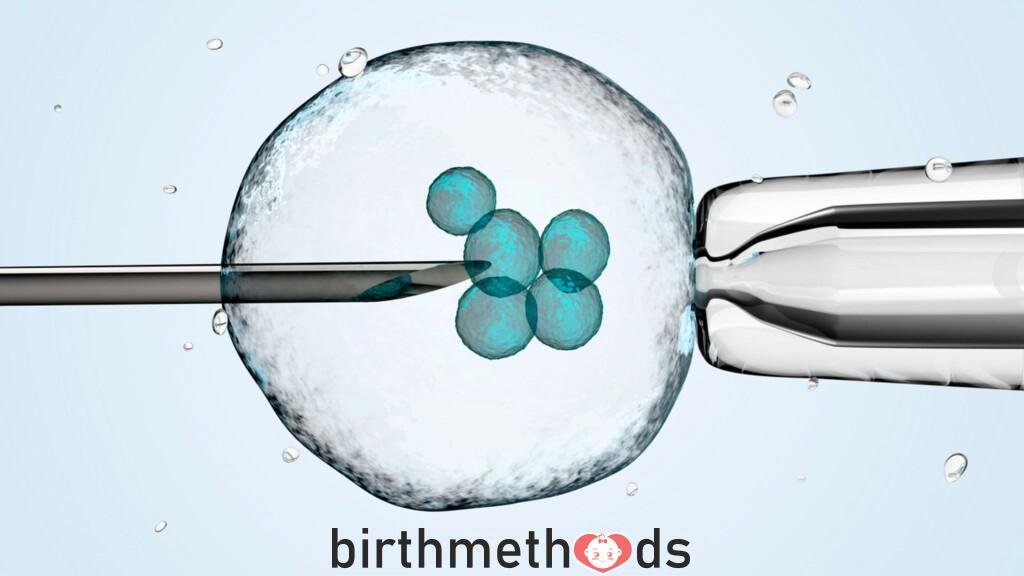
How long is ivf process
Before starting the IVF process, the woman has to undergo a thorough medical consultation and health screening. Her doctor will check for infectious diseases and examine her family medical history to determine whether the procedure will be successful. In addition, both the mother and the father will undergo hormone testing and semen analysis.
The next step is to start taking fertility drugs. These medications will stimulate the follicles in the ovaries to release at least four eggs. The follicles will then be monitored by ultrasounds and blood tests. The patient must also attend several office visits. The duration of each appointment varies depending on the type of medication used.
After this, the next step is preparing the eggs for fertilization. The egg retrieval stimulation cycle is typically about four to seven weeks. During this time, the patient will have many doctors’ visits and ultrasounds to check the progress of the follicles. After this, a pregnancy test can be performed approximately ten days after the injection.
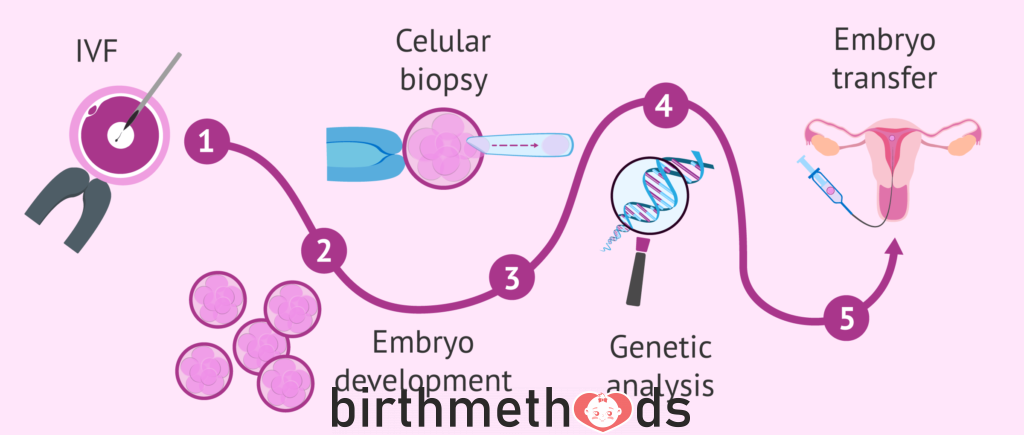
What Is IVF?
How much does ivf cost?
How does ivf work
What is ivf treatment?
Is ivf covered by insurance
Our previous post What Is Nortrel Birth Control? How is it applied? in our article birth control nortrel, birth control pill nortrel ve nortrel 1 35 birth control information about.














